by Ken Sehested
Some years ago, writing in the days leading up to Easter, I realized important though tragic anniversaries arrived in the days immediately following that Sunday.
“Even before our resurrection flowers have wilted, we will be confronted again with the presence of evil. Since Easter falls early in the calendar this year, in the coming resurrection week we will be forced to remember the  enduring power of death. In 1945, Dietrich Bonhoeffer, a German pastor and theologian, was executed by the Nazis two days after Easter Sunday. This next Thursday, April 4, we will remember the 1968 assassination of Dr. Martin Luther King Jr. right here in Memphis.” —continue reading “Open Letter to My Daughter: Easter morning, with the stench of death still in the air”
enduring power of death. In 1945, Dietrich Bonhoeffer, a German pastor and theologian, was executed by the Nazis two days after Easter Sunday. This next Thursday, April 4, we will remember the 1968 assassination of Dr. Martin Luther King Jr. right here in Memphis.” —continue reading “Open Letter to My Daughter: Easter morning, with the stench of death still in the air”
Right: "Holy Spirit Coming," painting by He Qi.
What it is
We have entered Eastertide, the liturgical season beginning with Easter and ending 50 days later on Pentecost (aka Whitsunday). The formulation of this season parallels the period in Judaism between the first day of Pesach (Passover, marking their liberation from Egypt) and the feast of Shavu’ot (Feast of Weeks, both a harvest festival and a commemoration of the giving of Torah at Mount Sinai). Parallel resurrection moments, setting the stage for resulting resurrection movements.
Freedom’s announcement is not a spectator sport. Neither the parting of the sea, nor the rolling of tombstone, are part of some kind of divine service economy. God is not a personal attendant, working for tips (aka piety). God is the Ringleader, the Chief Inciter of the rebellion against the reign of every cruel and merciless force.
There is no resurrection by proxy. It’s a bet your assets kind of involvement. The baptismal waters are troubled and troublesome.
Eastertide was the period when the early followers of Jesus were forced to recalibrate their messianic expectations. Good Friday’s execution was a crushing blow to their hopes. Despite Jesus’ repeated teachings to the contrary, the apostles still presumed Jesus would be the leader of a divinely-inaugurated coup d’état that would 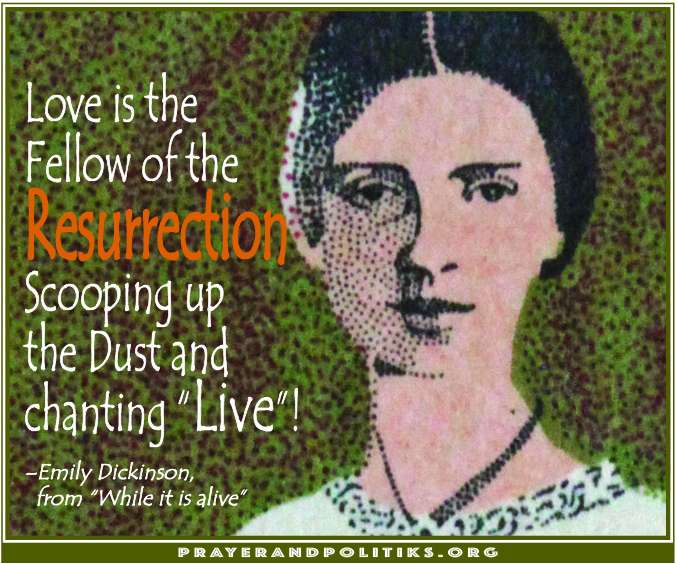 expel Roman occupiers and restore King David’s regal dynasty.
expel Roman occupiers and restore King David’s regal dynasty.
Hadn’t the Hebrew prophets predicted this messianic outcome—confirmed in Matthew’s and Luke’s birth narratives?
We, even today, are not exempt from the same kind of disorientation caused by the resurrection’s disarranging announcement.
Eastertide as cognitive dissonance
Eastertide is the season for Jesus’ followers to undergo a complete reimagining of the nature of power. It demands a decolonization of the mind and a regeneration of the heart: conception, conviction, and practice operating in tandem, each shaping, correcting, and reinforcing the other. A certain deconstruction is at work, and it is often discomfiting, for we are being stretched and refitted to become suitable couriers of the news that is disturbing before it is good.
Near the very end of Luke’s Gospel, the text records this odd command from Jesus as he prepares to end his resurrectionary appearances to ascend to the Abba.
“I am going to send you what my Father has promised [i.e., the paraclete or Holy Spirit]; but stay in the city until you have been clothed with power from on high” (24:49, emphasis added).
Before the community of the resurrection could mobilize, before its power could be unleashed, it first had to undergo formation and instruction—something parallel to the Israelites’ confused wandering prior to receiving the Torah at Mt. Sinai.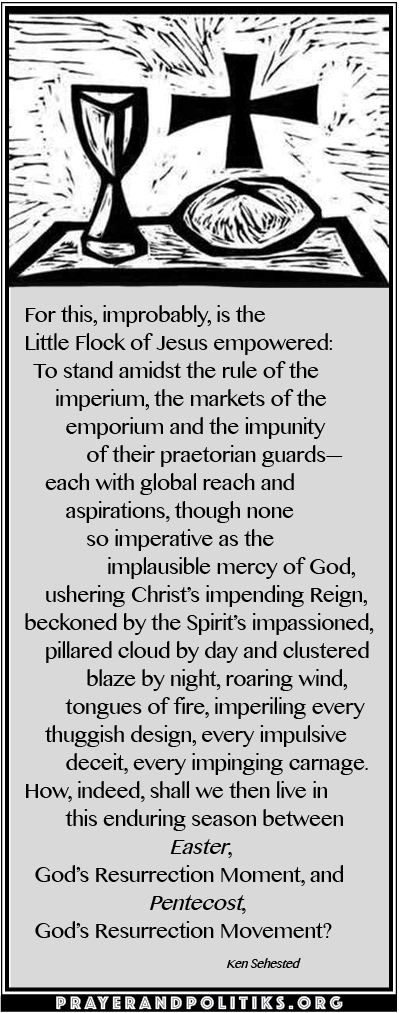
Why? Because cognitive dissonance is a very real thing: deceptive appearances, deceitful powers, and fraudulent promises are everywhere. We first have to learn how to spot the fakery.
Eastertide as reorientation
In “the world” (the disordered condition of creation), we are constantly being offered counterfeit assurances: You get what you deserve; you are what you own; only the strong survive; eat or be eaten. The assertions of the Beatitudes are contradicted at every turn: the poor are shamed; the mourners are taunted; the meek are mocked; the merciful are victimized; the peacemakers are disparaged.
The thing that must be rectified before power “from on high” (i.e., not susceptible to manipulative human authority) can be granted, the discrepancy between what our eyes have been trained to see, our ears schooled to hear, must be retrained. In other words, we have been brainwashed. Or to use another metaphor: Before we can be comprehend the beatific vision by which we have been called, the warped neural pathways in our brains need to be disentangled in order to see where the Spirit is breaking out, to hear what the Spirit’s is declaring, to understand our marching orders.
As Mark Twain put it, “You can't depend on your eyes when your imagination is out of focus.”
Like all of the church’s liturgical seasons, Eastertide is not one and done. As with the formation of our faith, we learn bit by bit, by repetitive effort, a process that is not judged by achievement but by perseverance.
In Luke’s story, after Jesus was baptized, the Divine Breath descended on him “as a dove” and as a “voice from heaven.” Then the text offers a lengthy genealogy, tracing Jesus’ lineage and career back to Creation’s story of origin. In his story line, something distinctive is occurring; but it is not novel. The narrative traces back to “in the beginning,” when the first Breath of God “swept over the face of the waters.”
After that came the desert’s confirmation class, where assumptions about power were clarified. The wilderness was his catechesis. Not until those lessons were learned was Jesus’ anointment completed with his being “filled with the power of the spirit”—a power contradicting every earthly supremacist claim.
That indwelling led to Jesus’ inaugural sermon. The congregation’s initial response was pride over a hometown boy made good, who recited venerated lines from the revered Prophet Isaiah. In his commentary, however—in bringing the text to bear on history’s details—Jesus veered from assumed Israel-first piety by telling a story of God’s privileging the needs of those in sh*thole countries. Hearing that, the crowd’s mood got ugly, and they were “filled with rage.” It was an affront—then as now—to hear that being chosen does not embargo Heaven’s affection.
Pentecostal preparation
Eastertide is the season when we learn to tell a different story about a different configuration of power, inside out, upside down, the envisioning of a commonwealth that flips the script of every predatory claim of entitlement. Jesus’ lordship upends and overthrows lording of every sort.
Pentecost is when we take Easter to the streets, and the streets are still mean. But the Apostles’ power—with the granting of fiery nerve and inspired breath upon earth’s turbid disorder—inaugurates the Spirit’s incursion against every affront to Creation’s intent and the Beloved Community’s surety.
Eastertide’s preparation is for the Spirit’s outing of the church at Pentecost. There will be scandal; indeed the world’s current innkeepers will declare “no room” and will demand that we keep our noses out of its business.
The Way of the Cross still leads home, sisters and brothers; but we are not left bereft. Attend to Eastertide’s tutoring. The tom b’s seal has been broken. The Comforter is present to sustain, to animate, to inform, and to incite the little flock of Jesus—not for exclusionary claim to the Beloved’s deference but for extravagant announcement of Mercy’s mending power, restoring the maimed and shamed (and all who find no “home” in the world’s present ordering), readying the table of refuge and bounty for the age to come.
b’s seal has been broken. The Comforter is present to sustain, to animate, to inform, and to incite the little flock of Jesus—not for exclusionary claim to the Beloved’s deference but for extravagant announcement of Mercy’s mending power, restoring the maimed and shamed (and all who find no “home” in the world’s present ordering), readying the table of refuge and bounty for the age to come.
Alas, sorrow’s governance remains. In the ordinary days that follow in the wake of Pentecost’s tide, the names of additional martyrs will be added to our All Saints’ Day recitals. The rule of terror continues, by state and statute and commercial constraint. Zion’s true songs of praise are heard as threat since angels’ good tidings and joy’s insurgence cannot be brokered or patented or rationed.
If left to our own resolve, the weight of woe would overwhelm even the strongest. But the Spirit has smuggled provisions through enemy lines. The attentive will spot clues of their whereabouts. The virtue of hope and the victual of sustenance have been readied. The supply chain, though constantly harried, has not been broken.
The facts on the ground do not have the last word, though this cannot be verified by existing calculus. Cheating death is what we do—not from moral heroism but because joy’s embrace is more resilient than grief’s restraint.
Be joyful, friends, though you have considered the facts.* Come out. Be seen. Pitch your tent in compassionate proximity to the disdained. In learning their names you will discover your own; and from their voices, discern what needs doing.
# # #



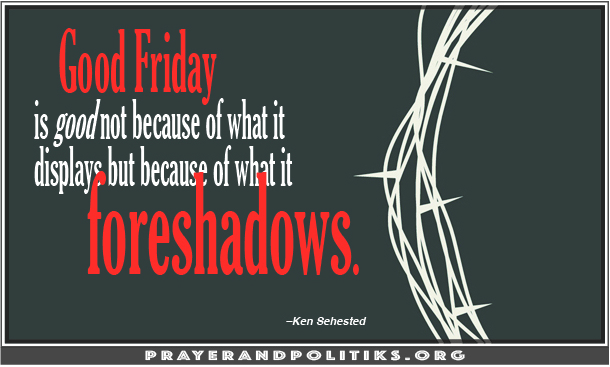 Pentecost’s promise. In the testimony of Scripture, all creation is sentient—capable of responding to the Creator’s purpose, promise and provision.” —continue reading “
Pentecost’s promise. In the testimony of Scripture, all creation is sentient—capable of responding to the Creator’s purpose, promise and provision.” —continue reading “ the Mountaintop
the Mountaintop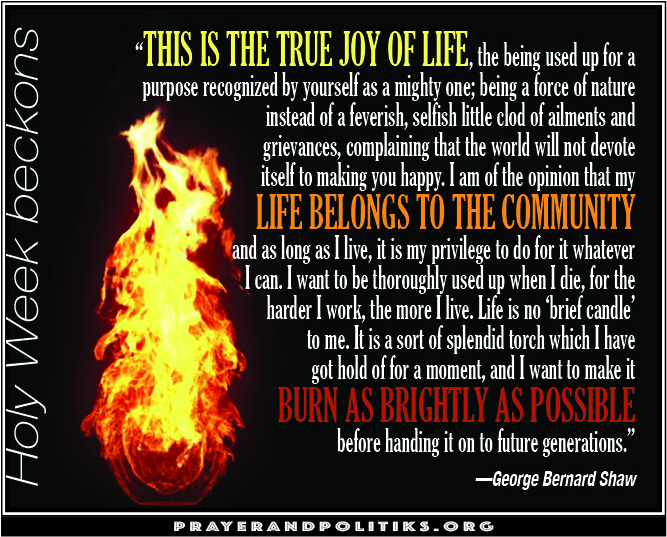 some $700 million [the total is now $1 billion] has been pledged to rebuild the Notre Dame Cathedral in Paris. How can we provoke such bold generosity to confront climate change? —
some $700 million [the total is now $1 billion] has been pledged to rebuild the Notre Dame Cathedral in Paris. How can we provoke such bold generosity to confront climate change? —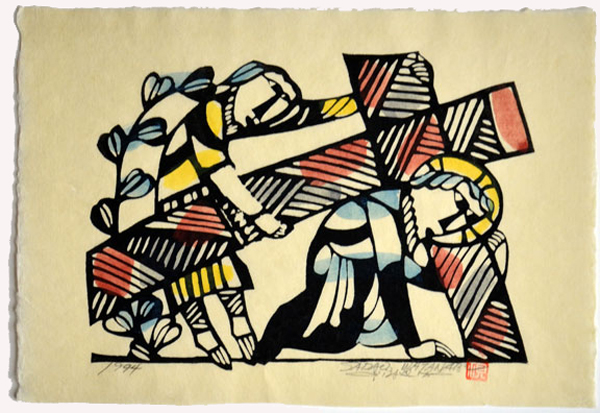 Director, Dr. Jay Ken Iinuma, admitted under oath that ‘he never looked at patients’ records when deciding whether to approve or deny care.’ This admission was made during a deposition in a lawsuit brought against Aetna by Gillen Washington, a 23 year old with common variable immune deficiency (CVID) who was denied coverage for an infusion of intravenous immunoglobulin (IVIG) four years ago.” —
Director, Dr. Jay Ken Iinuma, admitted under oath that ‘he never looked at patients’ records when deciding whether to approve or deny care.’ This admission was made during a deposition in a lawsuit brought against Aetna by Gillen Washington, a 23 year old with common variable immune deficiency (CVID) who was denied coverage for an infusion of intravenous immunoglobulin (IVIG) four years ago.” — elegant Easter dinner idea. Spring hues and simple style elements will take your Easter décor from sweet to sublime.” —
elegant Easter dinner idea. Spring hues and simple style elements will take your Easter décor from sweet to sublime.” —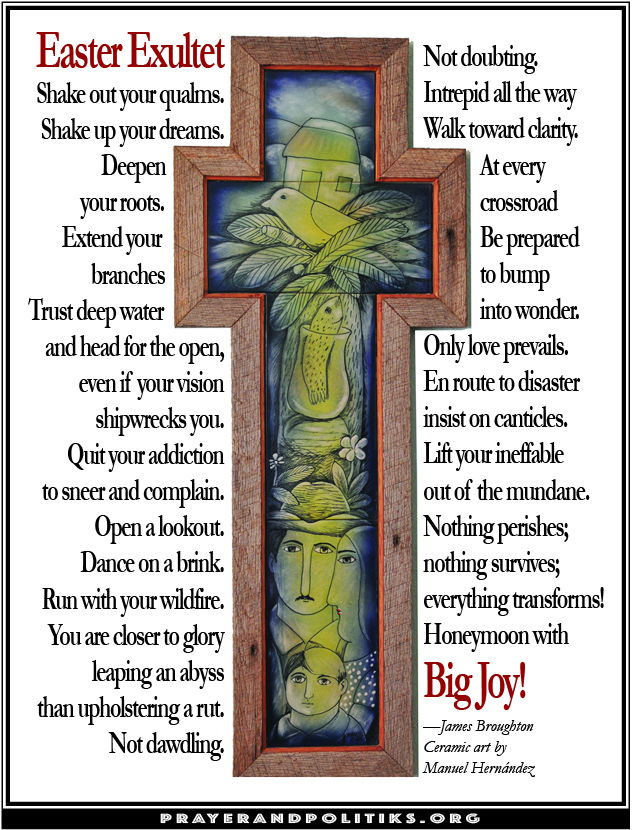
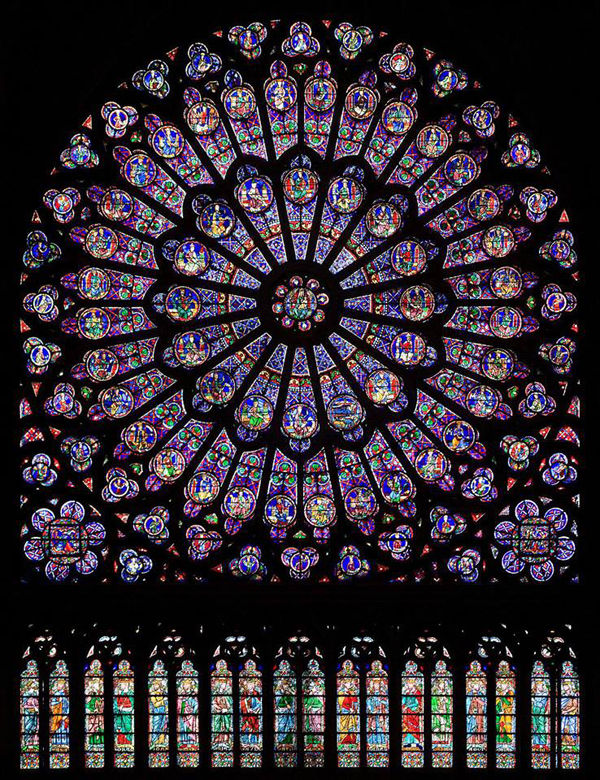 ks for local congregations
ks for local congregations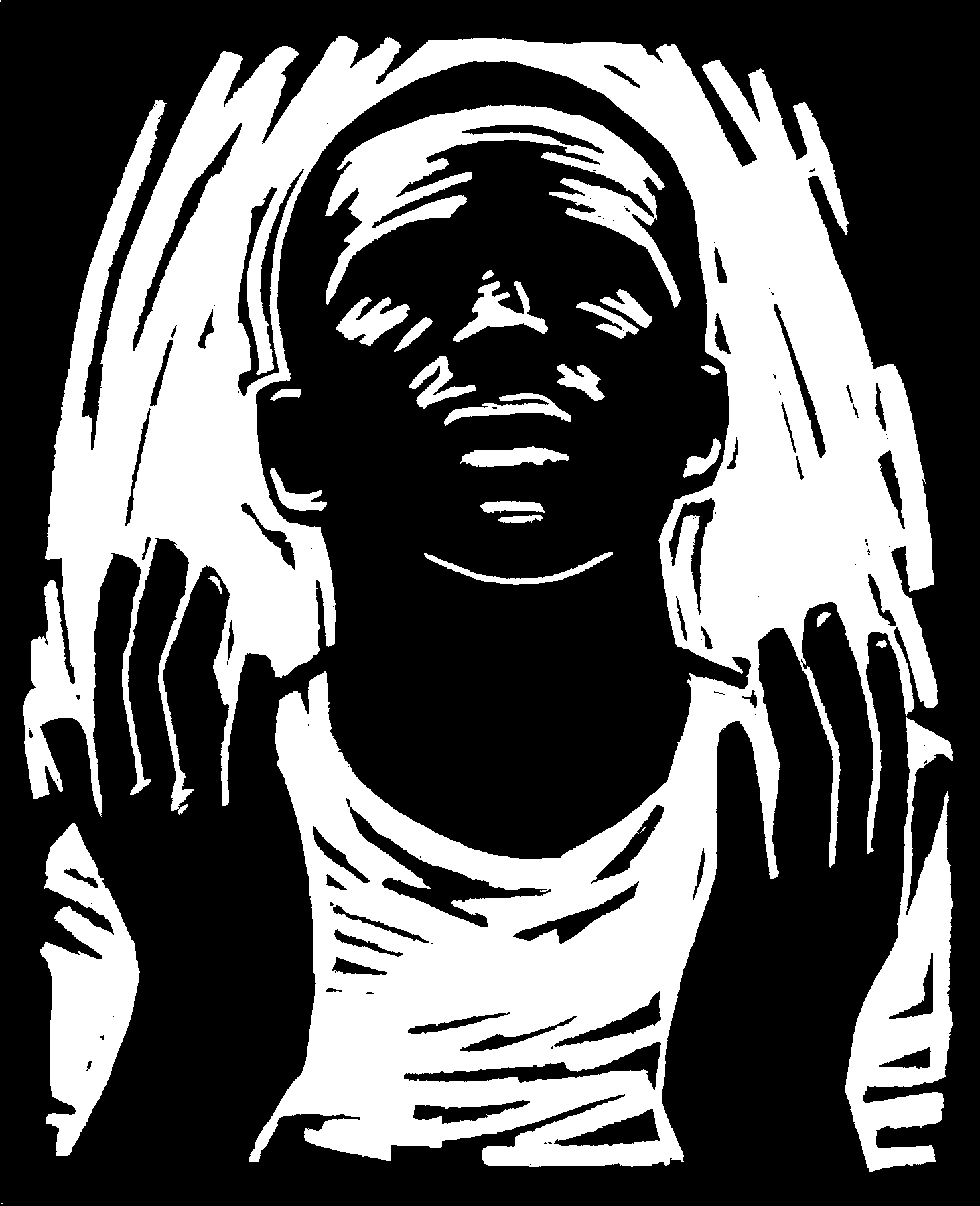 The week beginning with Palm Sunday and ending with Easter Eve is arguably the most volatile and conflicted period on the liturgical calendar. Even the lectionary suggestions for Scripture readings gives the options of celebrating a coronation or lamenting a crucifixion. Do we give priority to the cross or the crown?
The week beginning with Palm Sunday and ending with Easter Eve is arguably the most volatile and conflicted period on the liturgical calendar. Even the lectionary suggestions for Scripture readings gives the options of celebrating a coronation or lamenting a crucifixion. Do we give priority to the cross or the crown? about the Caesar’s “gospel”—literally, euaggelia, the same root word in Greek we Christians use when we speak of evangelism.
about the Caesar’s “gospel”—literally, euaggelia, the same root word in Greek we Christians use when we speak of evangelism.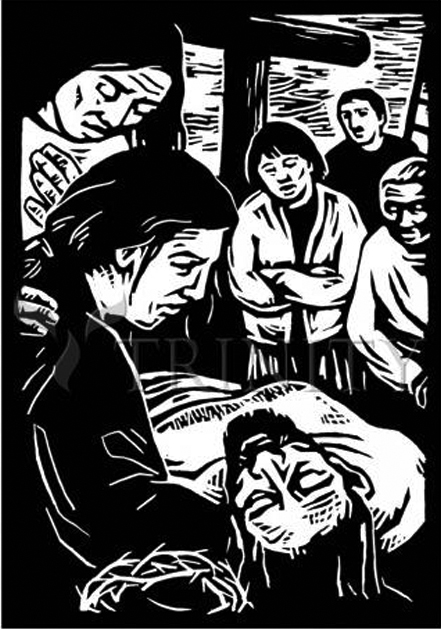 later, in the Jewish Revolt of 66, one of the first acts in the rebellion against Roman occupation was the burning of the debt records stored in the Temple archives.)
later, in the Jewish Revolt of 66, one of the first acts in the rebellion against Roman occupation was the burning of the debt records stored in the Temple archives.)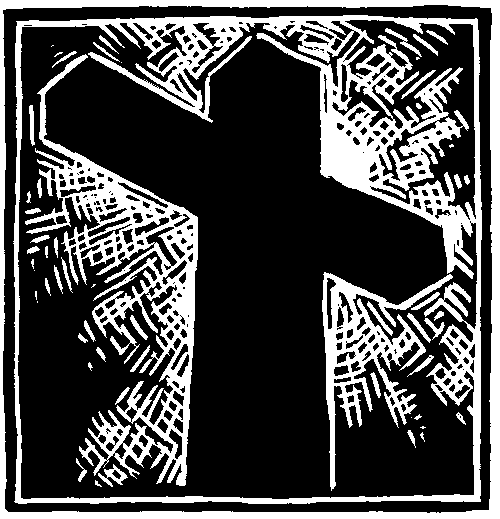 ENDNOTES
ENDNOTES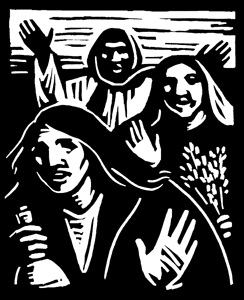 Fear—as in caution, of assessing circumstances with eyes wide open—is an instructive capacity. But we humans have a marked tendency to give fear the Number 1 ranking in our repertoire of motivating factors.
Fear—as in caution, of assessing circumstances with eyes wide open—is an instructive capacity. But we humans have a marked tendency to give fear the Number 1 ranking in our repertoire of motivating factors.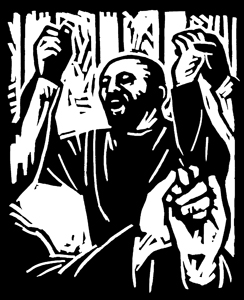 “racism, materialism, and militarism.” His Nobel Peace Prize reputation took a beating. Liberal funding sources dried up. More than a few of his own advisors begged him not to deliver this speech. And mainstream media shushed him.
“racism, materialism, and militarism.” His Nobel Peace Prize reputation took a beating. Liberal funding sources dried up. More than a few of his own advisors begged him not to deliver this speech. And mainstream media shushed him.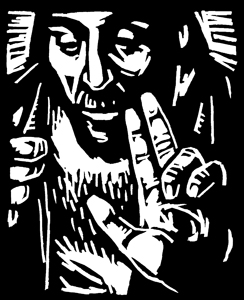 fear; but of power, and of love, and of a sound mind” (2 Timothy 1:7). The “sound mind” is elsewhere rendered as self-control, discipline, wise discretion.
fear; but of power, and of love, and of a sound mind” (2 Timothy 1:7). The “sound mind” is elsewhere rendered as self-control, discipline, wise discretion.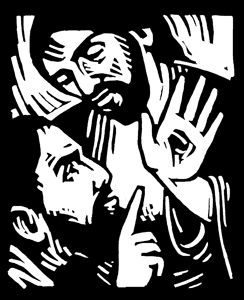 is not on a pacified emotional condition but on the wellspring of an activated, daring, redemptive presence in a world of threat.
is not on a pacified emotional condition but on the wellspring of an activated, daring, redemptive presence in a world of threat.
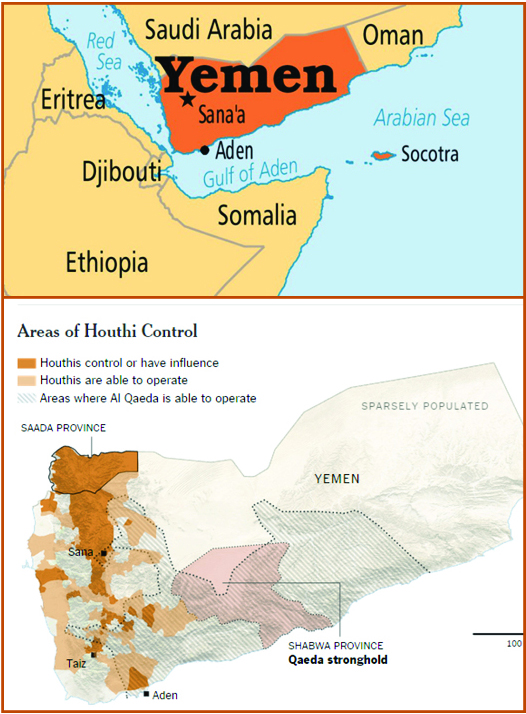 rgin in the Senate makes it unlikely they can override an anticipated veto by President Trump. —continue reading “
rgin in the Senate makes it unlikely they can override an anticipated veto by President Trump. —continue reading “ Yemen, it is not just the plane and the bombs that are American. American mechanics service the jet and carry out repairs on the ground. American technicians upgrade the targeting software and other classified technology, which Saudis are not allowed to touch. The pilot has likely been trained by the United States Air Force.
Yemen, it is not just the plane and the bombs that are American. American mechanics service the jet and carry out repairs on the ground. American technicians upgrade the targeting software and other classified technology, which Saudis are not allowed to touch. The pilot has likely been trained by the United States Air Force.
 opinion, “believe” is more akin to something cherished, something trustworthy, something worthy of devotion.
opinion, “believe” is more akin to something cherished, something trustworthy, something worthy of devotion.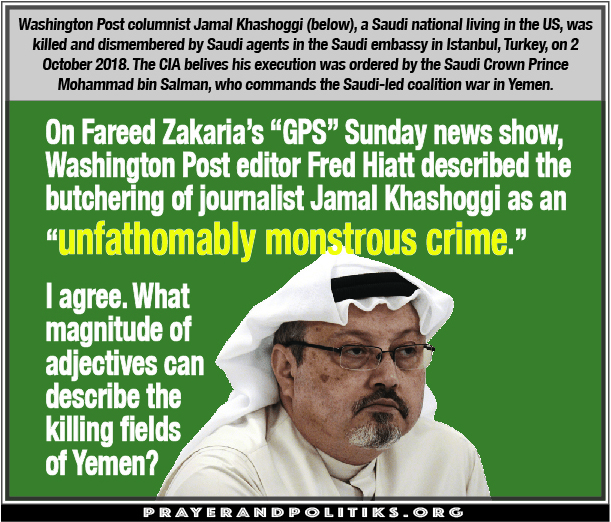 the US from anti-Jewish persecution in Belarus.
the US from anti-Jewish persecution in Belarus. ¶ Benediction. "I said: what about my eyes? / God said: Keep them on the road. / I said: what about my passion? / God said: Keep it burning. / I said: what about my heart? / God said: Tell me what you hold inside it? / I said: pain and sorrow? / He said: Stay with it. The wound is the place where the Light enters you.” —Rumi
¶ Benediction. "I said: what about my eyes? / God said: Keep them on the road. / I said: what about my passion? / God said: Keep it burning. / I said: what about my heart? / God said: Tell me what you hold inside it? / I said: pain and sorrow? / He said: Stay with it. The wound is the place where the Light enters you.” —Rumi ©Ken Sehested @ prayerandpolitiks.org. Language not otherwise indicated above is that of the editor, as are those portions cited as “kls.” Don’t let the “copyright” notice keep you from circulating material you find here (and elsewhere in this site). Reprint permission is hereby granted in advance for noncommercial purposes.
©Ken Sehested @ prayerandpolitiks.org. Language not otherwise indicated above is that of the editor, as are those portions cited as “kls.” Don’t let the “copyright” notice keep you from circulating material you find here (and elsewhere in this site). Reprint permission is hereby granted in advance for noncommercial purposes. the measure is significant; though the margin in the Senate makes it unlikely they can override an anticipated veto by President Trump.
the measure is significant; though the margin in the Senate makes it unlikely they can override an anticipated veto by President Trump. support, aerial refueling of Saudi (and their allies’) aircraft, and assistance with targeting.
support, aerial refueling of Saudi (and their allies’) aircraft, and assistance with targeting.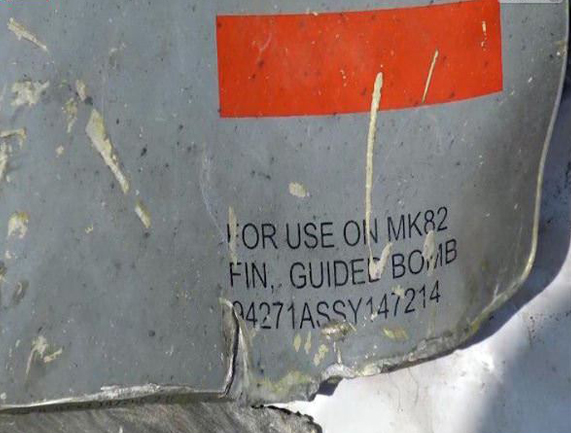 children, 11 adults, and injured scores more. It was a 500 pound MK 82 laser-guided bomb made by Lockheed Martin. Note: It was laser-guided bomb, acclaimed for its precision, not an unfortunate act of “collateral damage.”
children, 11 adults, and injured scores more. It was a 500 pound MK 82 laser-guided bomb made by Lockheed Martin. Note: It was laser-guided bomb, acclaimed for its precision, not an unfortunate act of “collateral damage.”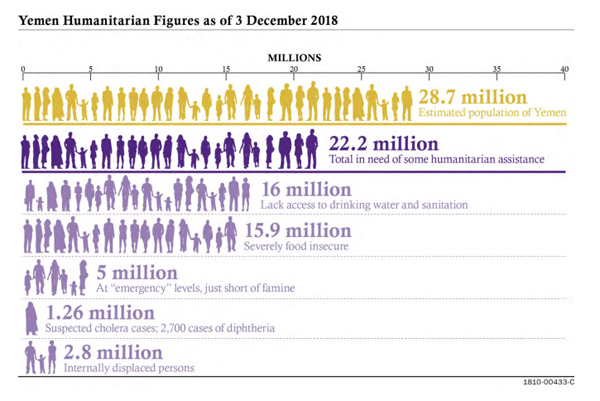 without regret. The increasingly sophisticated technology of war creates a new moral compass: the further from the actual blood, the easier to sustain unburdened by ethical qualms.
without regret. The increasingly sophisticated technology of war creates a new moral compass: the further from the actual blood, the easier to sustain unburdened by ethical qualms. recognized and applauded. They are surely there. But typically these are preceded or displaced or overruled by errant, even vicious self-interest.
recognized and applauded. They are surely there. But typically these are preceded or displaced or overruled by errant, even vicious self-interest.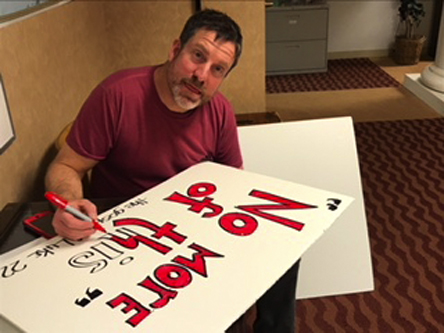 She said two things.
She said two things. observances have shed almost all connections to the volatile political events in Jerusalem leading up to Jesus’ “triumphal entry” into the city.
observances have shed almost all connections to the volatile political events in Jerusalem leading up to Jesus’ “triumphal entry” into the city.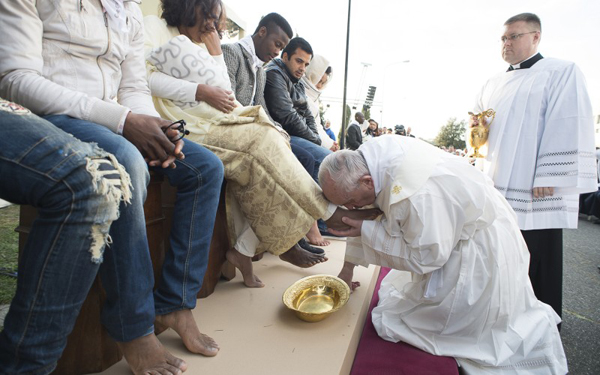 expressions of political subversion, with the memory of the mighty King David brought to bear against the Roman Caesar Augustus’ chokehold on the nation.
expressions of political subversion, with the memory of the mighty King David brought to bear against the Roman Caesar Augustus’ chokehold on the nation. of the community. St. Augustine famously said, “We imitate whom we adore.” At the core of our faith, the privilege-abandoning Jesus is the cipher for the self-abandoning character of God’s love, inviting and empowering us to participate in that self-giving nature.
of the community. St. Augustine famously said, “We imitate whom we adore.” At the core of our faith, the privilege-abandoning Jesus is the cipher for the self-abandoning character of God’s love, inviting and empowering us to participate in that self-giving nature.